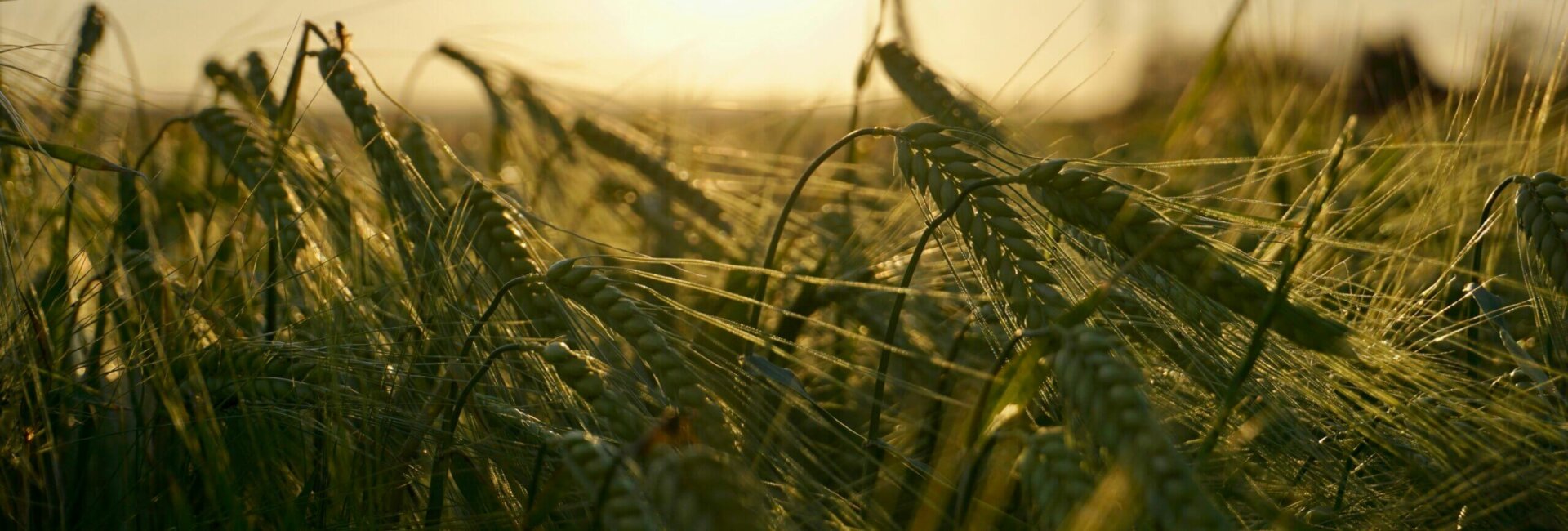
Latest News
Patent on brewing barley: Still no clarity in the granting of bio-patents
Patent for a cool blonde – is that possible? Allocation of bio-patents still not finally clarified. The German’s favourite beverage is beer – or more precisely Pils beer, which celebrates its 180th birthday this year. We take this anniversary and the recent Bavarian October Festival (Oktoberfest) as an opportunity to take a look at the patent law side of the beverage.
So-called bio-patents, i.e. patents in the biotechnological field, are frequently at the centre of socio-political debates. Consumer and environment protection organisations submit complaints against biopatents in the food sector on a regular basis. The main focus is on the question of the patentability of plants from conventional breeding.
Patent protection for mutations?
Article 53 (b) EPC is highly relevant in clarifying this question. According to this article, patent protection for plant varieties or animal breeds as well as biological processes for breeding plants or animals is not possible. Microbiological methods and the products obtained by means of these processes, on the other hand, are patentable. This provision is intended to protect biological diversity.
In practice, this separation made by Art. 53 (b) is far more complex than it appears at first view and leads to the fact, often complained about by critics, that patent protection pushes back traditional breeding and diversity. Because: while the technical steps before or after the cross-breeding or selection process are patentable, every cross-breeding step is an infringement of patentability. As a result, technical selection procedures or product-by-process claims as well as technically induced mutations, which are patentable, are coming into focus.
Malting barley under patent protection.
For example, the big beer companies Heineken and Carlsberg have applied for more than a dozen patents on malting barley mutations. There is resistance to some of them, for example the patent “Beverages made from barley and malt with low dimethyl sulphide content” (EP2373154). An alliance of 35 action partners had filed a complaint against it before the European Patent Office (EPO). According to the complainants, in this patent a genetically random adaptation derived from conventional breeding is considered an invention. It was to be feared that the entire biodiversity of crops would be impaired if patent protection pushed back conventional breeding.
According to the patent description, the invention refers to barley plants that carry a mutation in the gene. This would allow the production of beverages with better taste profiles as well as a significant reduction in the thermal energy input in the beer production process.
EPO decision.
On 8 June 2021, the EPO Technical Board of Appeal rejected the appeal against the patent of Heineken and Carlsberg. In doing so, the Office confirmed the patentability of plants with mutations that influence flavour formation, but failed to clarify the fundamental question of the patentability of plants from conventional breeding.
In recent years, the EPO has repeatedly granted patents on plants that were not produced by genetic engineering but conventionally. In the present case, the natural mutation of the barley variety was triggered by artificially accelerating the mutation rate. That was enough for the Office to grant a patent. That was enough for the Office to grant a patent.
It becomes clear: although European patent laws prohibit claiming conventionally bred plants and animals as inventions, there are numerous loopholes. There is a lack of a clear distinction between accidental mutations and genetic engineering applications.
Criticism and consequences.
In Germany, the previous government of the current federal government made it clear that it did not want patents on conventional breeding. Most of the other states of the 38 contracting nations of the European Patent Office share this view. To enforce this at the patent office, however, a clear political directive is needed, which has not yet been forthcoming.
Unless things change, critics fear a displacement of classical breeding and of the affected farmers, breeders or beer producers will be driven out of business. Small private breweries in particular often do not have the necessary financial resources to apply for their own patents and to pay for the associated legal and court costs that may be required in case of a litigation.
